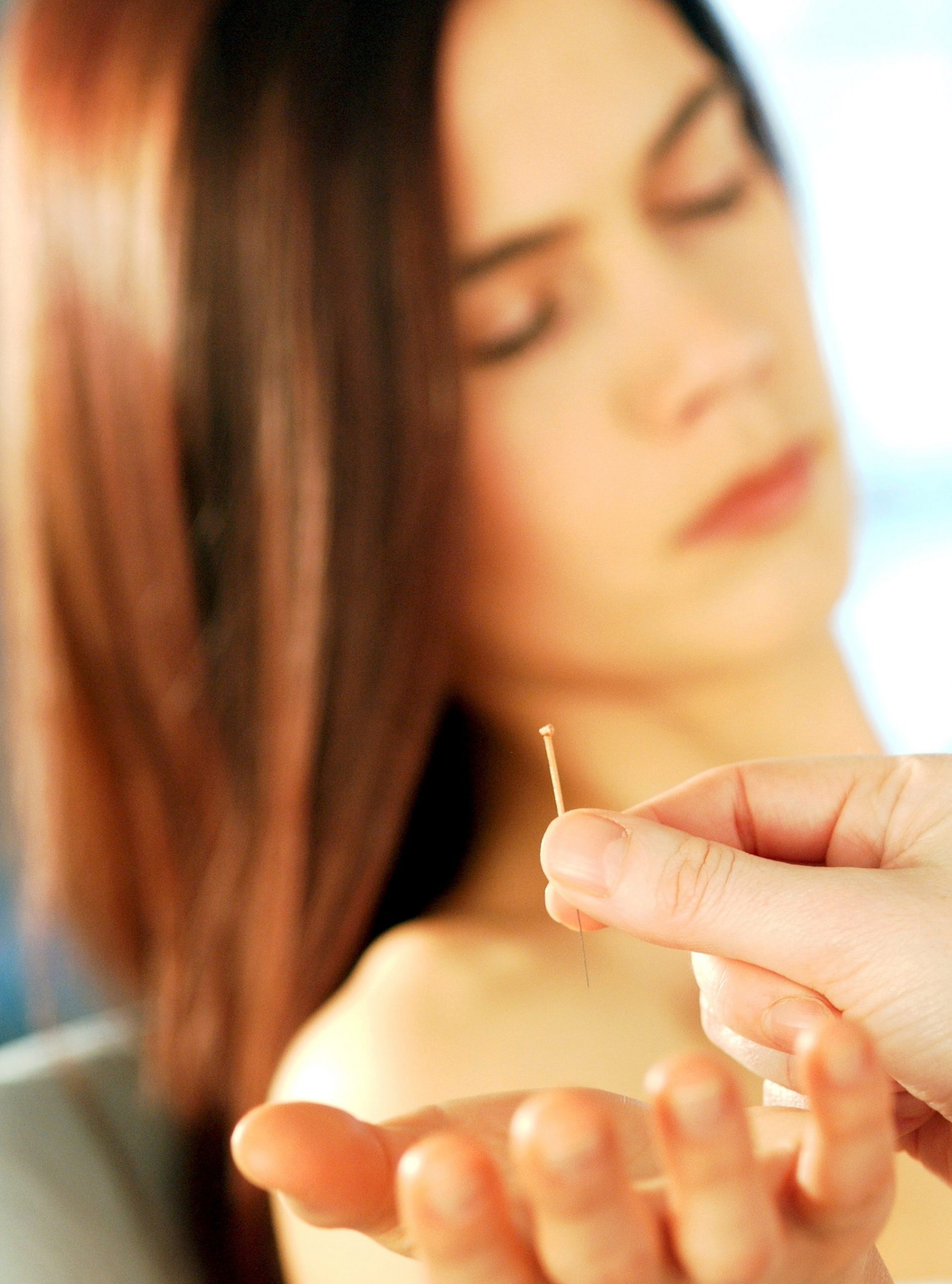Acupuncture Benefits: 7 Reasons To Try Chinese Acupuncture

It's been dismissed by Western medicine for decades, but a growing body of evidence on the benefits of acupuncture suggests it might be time for a rethink.
Chinese acupuncture has been practised for more than 3,000 years. Its practitioners believe that 20 pathways or ‘meridians' conduct our 'qi' or vital energy, connecting 2,000 acupuncture points on our bodies. Qi is influenced by the forces of yin and yang (negative and positive energy) operating in the universe and within our bodies. Acupuncturists hold that illness, pain and dysfunction result when qi cannot flow freely. Blockages may result from poor nutrition, emotional or physical stress, infection or injury. The solution? Fine sterilised needles are inserted into the body at specific acupuncture points in an attempt to re-establish the free flow of qi, restore balance and/or trigger the body's natural healing response.
But does acupuncture work? Read on to find out...
Acupuncture Benefits
1. It can relieve pain
Acupuncture may reduce the experience of pain by 50%, according to scientific research. Whilst evidence is mixed, a ‘clear and robust' effect of acupuncture in the treatment of back pain, neck pain, shoulder pain, headaches and osteoarthritis has been reported. According to the NHS, acupuncture needles stimulate sensory nerves under the skin and in the muscles, promoting the release of natural pain-relieving neurotransmitters and neurohormones such as endorphins. Acupuncture is recommended by the National Institute for Clinical Excellence as a treatment option for migraines and chronic tension-type headaches
2. It can buffer the effects of chronic stress
An increasing number of people are seeking acupuncture for stress. Animal studies indicate that acupuncture reduces levels of neuropeptide Y (NPY) in rats under stress, a protein which is linked to chronic stress in humans. Whilst research on humans is still limited, results suggest that acupuncture may help to relieve the symptoms of chronic stress.
Sign up to our free daily email for the latest royal and entertainment news, interesting opinion, expert advice on styling and beauty trends, and no-nonsense guides to the health and wellness questions you want answered.
3. It can reduce anxiety
Several studies suggest that acupuncture for anxiety can effectively reduce symptoms. In fact, a single 20-minute acupuncture treatment seems to have a measurable effect.
4. It can relieve the symptoms of depression
Research on acupuncture for depression suggests that electroacupuncture - a form of acupuncture in which a mild electric current is transmitted through the needles - may be as effective as antidepressant medication, helping to alleviate not only the symptoms but also the biochemical markers of depression.
5. It could help guard against diabetes
Certain studies suggest that acupuncture can help to regulate insulin production and blood sugar levels, and improve blood lipid profiles too.
6. It may promote fertility
One review indicates that fertility acupuncture may boost a woman's odds of falling pregnant by 65%. The British Acupuncture Council suggests that acupuncture may boost fertility by regulating hormone function, relaxing muscles, increasing blood flow to the ovaries and uterus and tackling the effects of PCOS.
7. It could improve your memory
Some evidence suggests that acupuncture may help to stave off age-related cognitive decline. It has also been found to improve working memory in younger adults.